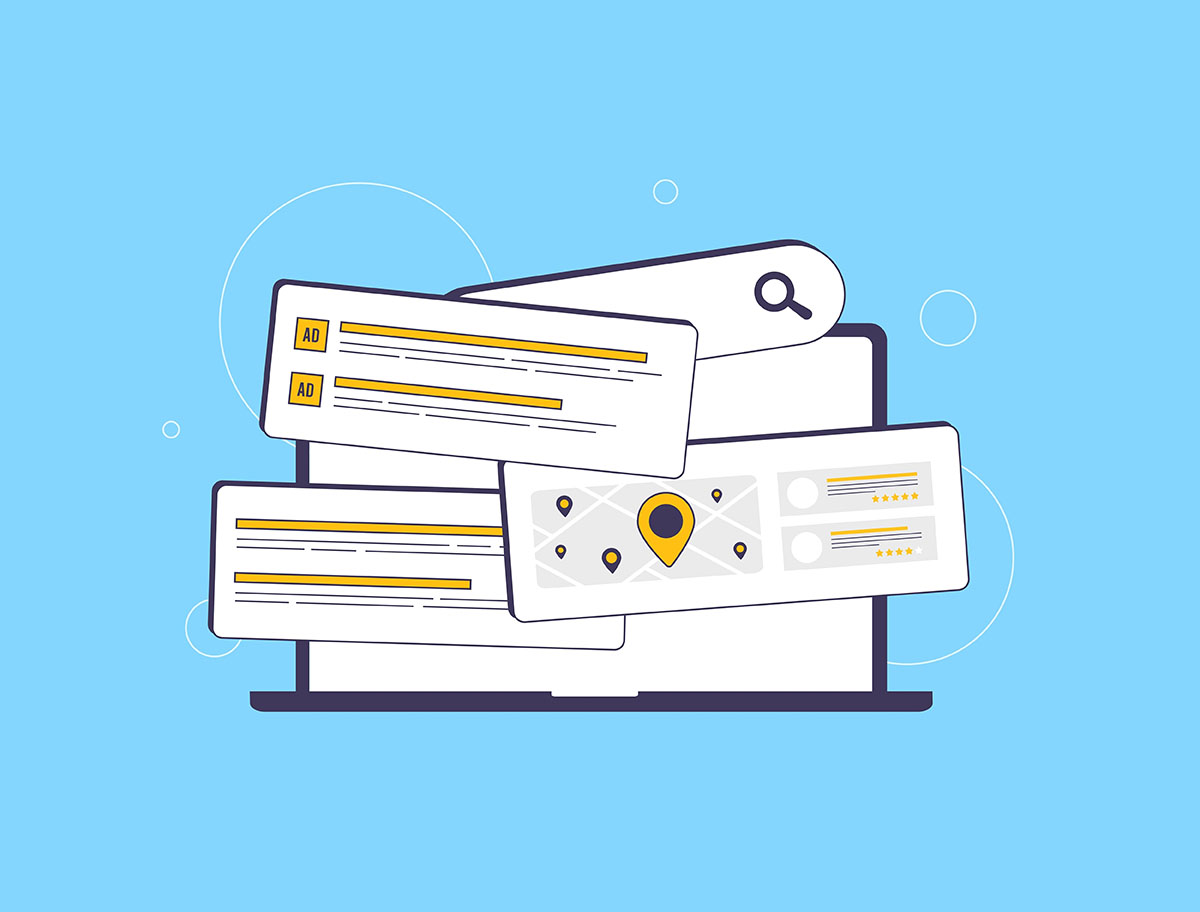The AI revolution continues to shake up the digital marketing world every 24-hour news cycle. This time Perplexity is in the spotlight with the launch of their new AI web browser, Comet, that is now available in beta for desktop users.
AI technology changes online user behavior with every new update, feature and integration they introduce. With traditional search engines, users focused on singular queries at a time. With generative AI engines, users are getting more conversational — handling multiple queries at the same time in the same interface. Now imagine that AI assistive interface fully integrated into your browser. This becomes bigger than a search tool; it will change how people access, navigate and engage with the whole world wide web.
Introducing Comet
Comet is a web browser powered by Perplexity AI. It offers similar features to traditional web browsers — like Chrome, Safari and Microsoft Edge — such as tabs, bookmarks and a marketplace of browser extensions. Comet distinguishes itself from traditional browsers by introducing a unique user experience model with an embedded AI assistant throughout every feature the browser offers.
Real-time AI assistive technology allows for more cognitive interactions during time spent on the web. In fact, Perplexity states: “Comet powers a shift from browsing to thinking.” In addition to the AI search functionality, Comet’s AI assistant will summarize pages and videos, prioritize to-do lists, schedule meetings, and fill out contact forms. With Comet, your browser turns complex workflows into seamless experiences based on conversations with your Perplexity AI assistant.
What This Means For Search Marketing
The looming question the launch of Comet brings is a matter of if Google is still king. The short answer is yes. As of March 2025, Google still dominated online search with 89.62% of the search market share. That market share won’t drop overnight. Google has an entire ecosystem and product line that will continue to dominate for quite some time. As Google continues to dominate, traditional SEO will continue to matter. The biggest change to come from AI marketing is that traditional SEO is no longer the only thing that matters.
GEO Strategy
As AI search and experiences grow in popularity, it will be important to get your brand visible on AI search engines early. Generative Engine Optimization (GEO) is the process of strategically optimizing your website and all your other online content to boost your brand’s visibility in AI-powered engine responses and AI-generated summaries. Many of the leading generative engines like ChatGPT and Perplexity are not part of a larger tech conglomerate like Google; they are independent companies that partner with thousands of third-party data sources for information. You want these AI engines to find you from every angle online, and use you as a credible source of information time and time again.
Paid Digital Ads
With the launch of Comet comes the question of where to put your advertising dollars. The average Google click-through rate (CTR) is getting lower and lower, declining as much as 30% in a study conducted by Search Engine Journal. AI search engines don’t offer paid results (at least not yet anyway). If AI search and AI browsers are growing in popularity, does that mean businesses should turn off their paid search ads? Not exactly, but it will definitely be important to monitor your paid search advertising performance. With Google’s AI Overview taking over top real estate on results, it’s even more important to keep some advertising dollars towards the sponsored posts underneath. Otherwise, your website will be competing against AI Overviews and paid ads before even having a chance of showing up.
Another paid digital advertising strategy that will increasingly become important is remarketing. Remarketing refers to showing targeted digital ads to users who have previously interacted with your website. With proper website analytics and a well-crafted remarketing campaign, you can still get your ads in front of users who found you through AI search.
Multi-Media Content
The majority of Google search results are text-based content with some images and YouTube videos mixed in. Perplexity’s Comet and other AI tools rely on much more than that — web pages, infographics, TikToks, Instagram Reels, YouTube videos, social media graphics and online reviews are all great examples of different sources they can pull from. In order to maximize your visibility in AI search, your digital marketing strategy needs to shift into a multi-media content strategy authentic to your brand.
Website Performance
AI engines access, scan and summarize content in real-time. That means your website needs to be fast enough to provide AI crawlers with the information they are looking for. If your website isn’t fast enough, not only will they move on to your competitors but they will also stop referring to you as a credible source to scan from at all. A positive user experience starts with secure, high-performance hosting.
The Future of Digital
Comet is not the first time a new search engine entered the scene. The early 2020s saw an influx of privacy-driven web browsers, like Duck Duck Go, that gave Google a run for their top spot in search. Regardless of industry or geographic location, every business needs to stay flexible with their digital marketing strategy for the remainder of the year:
- Pay Attention to New Metrics: As technology and user behavior changes, so should your analytics. Tracking organic traffic and keyword position isn’t enough anymore to get a true total picture of your online presence. Instead, pay attention to trends in where your traffic is coming from and how people are engaging with your mixed media content.
- Try New Content Formats: Your website is your most valuable asset, but it’s not your only one. With introductions to new technologies comes opportunities to try new things. Pay attention to the types of content AI engines pull from to get your brand noticed.
- Be Strategic with Ad Dollars: Don’t make rash decisions like cutting your entire digital ad budget without analyzing your data from angle. Adjustments and channels could be made to ensure you’re getting your ads in front of the right audience no matter what search engine they’re using.
We understand how frustrating it is to stay flexible. Unfortunately, digital marketing is not a set-it-and-forget strategy. With the right tools and foundation, you can analyze your data and make informed decisions about where to shift your focus every quarter.
Ready to take your AI marketing and content strategy to the next level? Contact Katava Marketing today for expert guidance and strategies tailored to your business goals.





